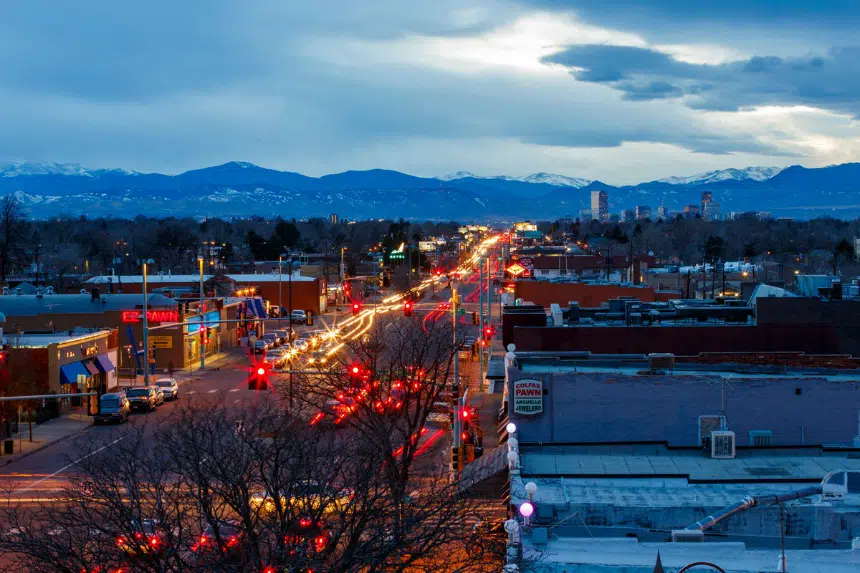As Canada readies for the legalization of recreational marijuana, the social experiment in Colorado has been a mostly positive experience according to one of the state’s mayors.
Bob LeGare sat on city council in Aurora, Colo. when the state legalized recreational cannabis in 2014. He was in favour of legalization then, and his position remains the same today as the city’s mayor.
“The impact is up for debate, but my observation is that the recreational marijuana was very carefully regulated,” LeGare said.
“If we I went back, I would do the same thing.”
LeGare said the city’s 24 retail stores generate approximately $8-million in annual tax revenue for city coffers and have funded recreational centres, roads and social programs.
He says the industry has also helped inject new life into the Denver suburb of 360,000 people.
“These marijuana businesses came into some of the older parts of town, bought up old derelict buildings that were substandard and completely renovated them to where they are sharp and sleek looking retail buildings.”
The city’s cannabis rules caps how many stores can operate per area of the city and limits where they are located.
LeGare admits there has been growing pains along the way. The state saw an influx of people setting up illegal grow ops which forced the city to tighten local rules around how many plants are allowed in a home.
“We changed it and said each home can only have a total of 10 plants,” he said. “That’s one area we’ve had to work on.”
LeGare believes a longer look is needed before the industry can be fairly evaluated.
For now, he offered this advice to elected officials in Canada:
“Get feedback from the community. Keep a close watch on the trail of the dollars and just be very aware of what’s happening.”











